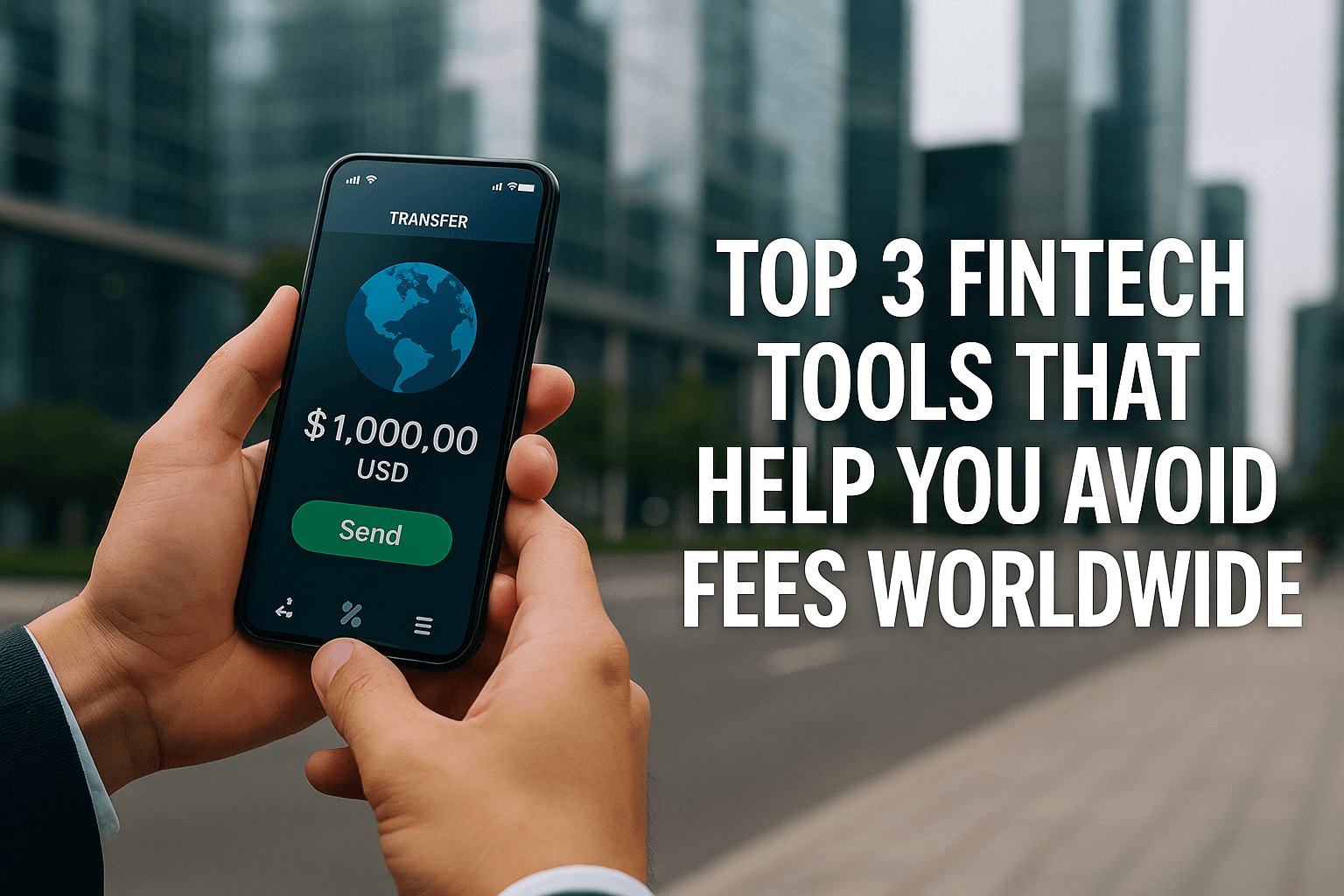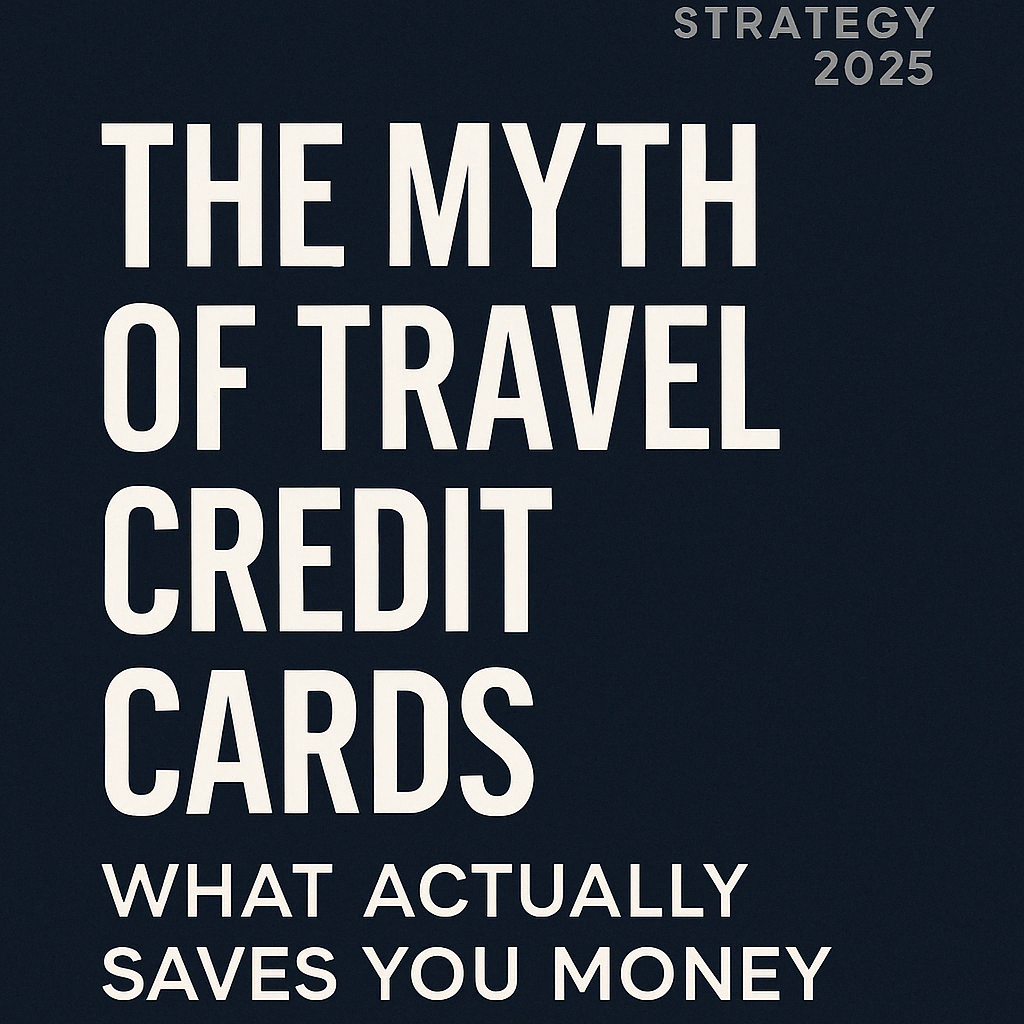Top 3 Fintech Tools That Help You Avoid Fees Worldwide
In a world where international spending is increasingly common, unnecessary fees can quietly eat away at your money. Whether you are a frequent traveler, a digital nomad, or simply managing payments across borders, the right fintech tools can mean the difference between financial efficiency and avoidable loss. In this guide, we unveil the top three fintech platforms in 2025 that help you minimize or eliminate foreign transaction fees—without compromising on security or convenience.
1. Wise (formerly TransferWise) – Still the King of Transparent FX
Why It Matters:
Wise is no longer just a money transfer service. In 2025, it has evolved into a full-featured global financial platform offering multi-currency accounts, debit cards, and seamless cross-border payments.
Key Features:
- Multi-currency account: Hold over 50 currencies and convert them at real exchange rates.
- Transparent fees: No hidden markup. You see exactly how much you’re paying.
- Global debit card: Use the Wise card in 175+ countries, avoiding traditional bank fees.
- Virtual cards: Instantly generate cards for online transactions and added security.
- Local account details: Get account numbers in USD, EUR, GBP, AUD, and more.
Best For:
Freelancers, expats, international students, and remote workers who need to send or spend money across multiple currencies.
Real-World Scenario:
You’re living in Seoul but get paid by a US-based client. With Wise, you receive USD into your account without conversion fees, then convert only what you need to Korean won at the mid-market rate.
2. Revolut – Borderless Lifestyle Banking
Why It Matters:
Revolut is designed for the modern global citizen. Its real-time currency exchange, fee-free global spending, and crypto integration make it the Swiss army knife of personal finance.
Key Features:
- Zero foreign transaction fees (within plan limits)
- Instant currency conversion at interbank rates
- Stock, crypto, and commodity trading in one app
- Subscription tiers: Choose from free or paid plans with increasing benefits
- Travel insurance, lounge access, and more included with higher tiers
Best For:
Tech-savvy travelers and remote professionals who need a single app to manage all their money, investments, and travel protections.
Real-World Scenario:
A digital nomad flying from Berlin to Bangkok to Buenos Aires can use one Revolut account to book flights, pay in local currencies, invest in US stocks, and get reimbursed for lost luggage—all with no added fees.
3. Charles Schwab High Yield Investor Checking – The Hidden Gem for Americans Abroad
Why It Matters:
This U.S.-based checking account is a favorite among seasoned travelers. It refunds all ATM fees worldwide and charges no foreign transaction fees, making it ideal for cash withdrawals abroad.
Key Features:
- No monthly fees or account minimums
- No foreign transaction fees on the debit card
- Unlimited worldwide ATM fee reimbursements
- FDIC insured via Schwab Bank
- Linked to brokerage account for easy transfers
Best For:
U.S. citizens who frequently travel or live overseas and want a reliable, no-fee banking solution for global ATM use and card spending.
Real-World Scenario:
An American retiree living in Portugal uses the Schwab debit card at any local ATM. Every fee is automatically refunded, and the exchange rate is near market level—no need for a local bank account.
How to Choose the Right Tool for You
Choosing the right fintech platform depends on your lifestyle, country of residence, and spending patterns. Here’s a quick breakdown:
| User Type | Best Tool | Reason |
|---|---|---|
| Frequent Traveler | Revolut | Wide coverage, real-time currency exchange |
| Freelancer Paid in USD | Wise | Transparent FX, virtual USD account |
| U.S. Retiree Abroad | Schwab | Unlimited ATM refunds, U.S. account stability |
| Student on Budget | Wise or Revolut (free plan) | Cost-effective, mobile-first banking |
| Crypto Enthusiast | Revolut | Built-in crypto trading & conversions |
Pro Tips for Maximum Savings
- Pair multiple tools: Use Wise for receiving payments, Revolut for spending, and Schwab for ATM withdrawals.
- Set currency alerts: Convert currencies at your preferred exchange rate, not when forced.
- Avoid weekend conversions: Some platforms add hidden fees on weekends.
- Always pay in local currency: If asked to choose between local or home currency, always select the local one to avoid Dynamic Currency Conversion (DCC) fees.
What This Means for Your Wallet
By switching to fintech tools like Wise, Revolut, or Schwab, the average traveler or expat can save hundreds—if not thousands—of dollars annually in fees. These platforms give you more control, greater transparency, and full financial flexibility across borders.
In 2025, banking is no longer limited by geography. With the right fintech allies, zero-fee global transactions are not just possible—they’re the new standard.


